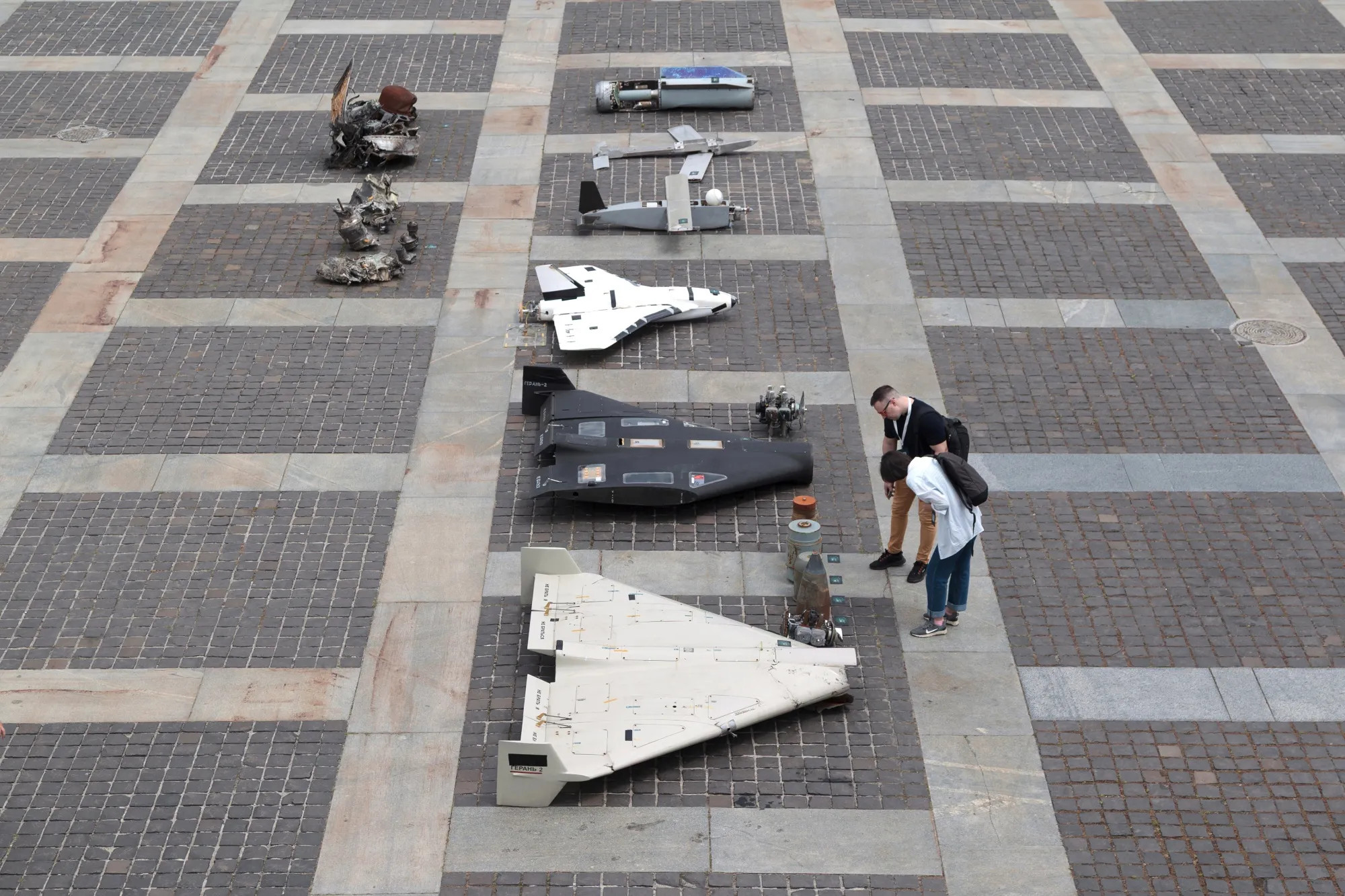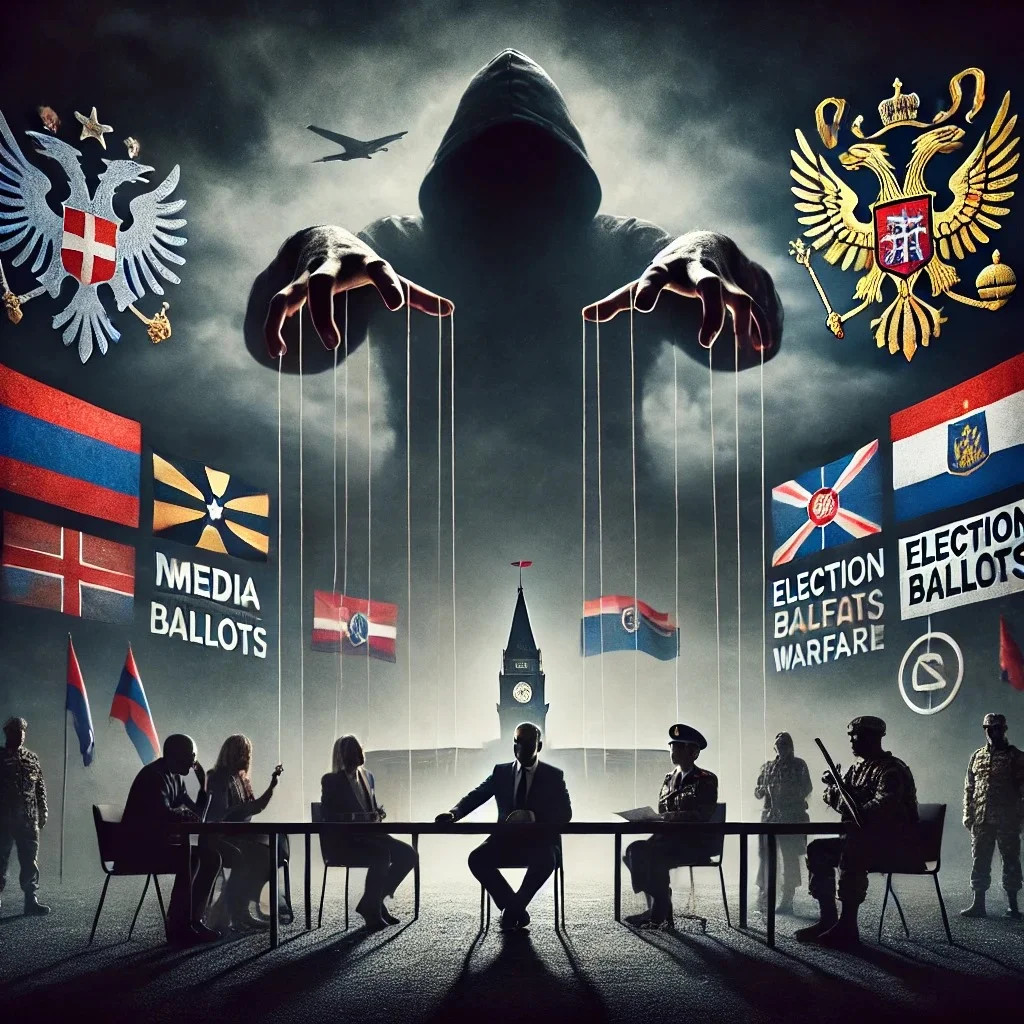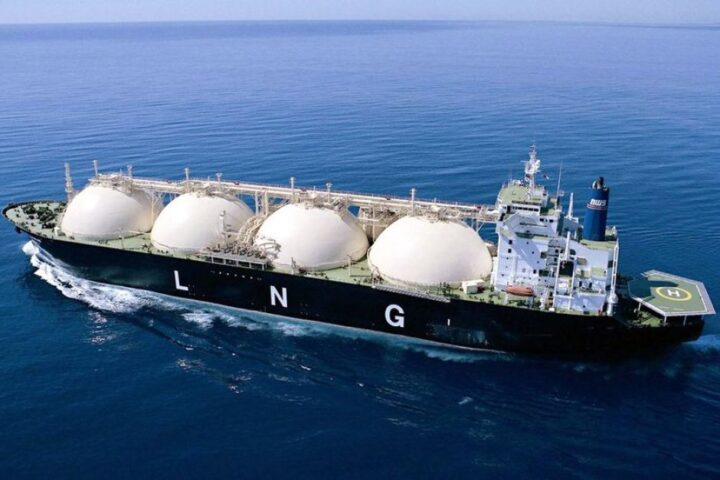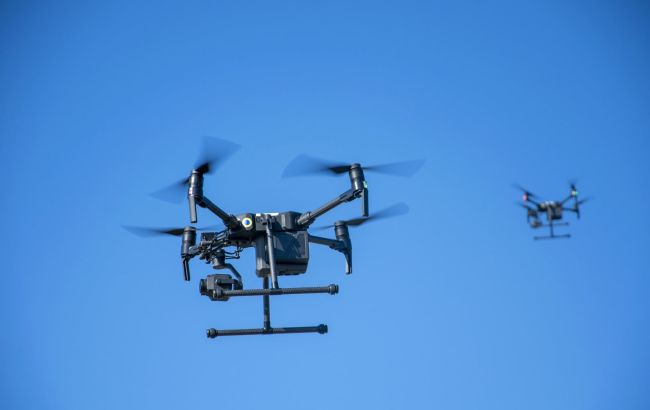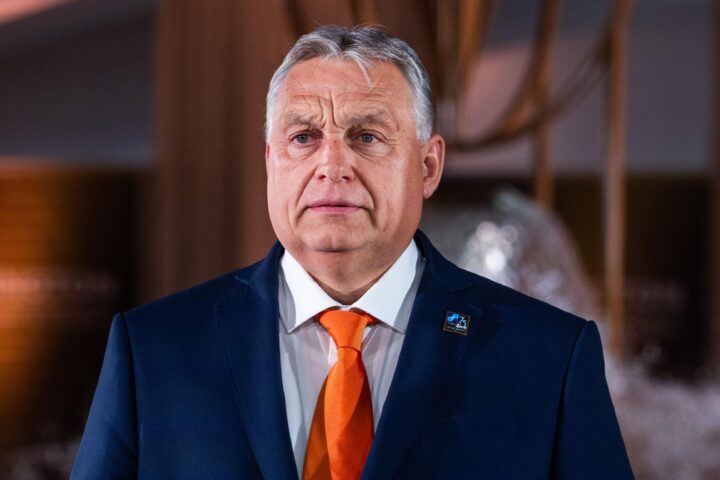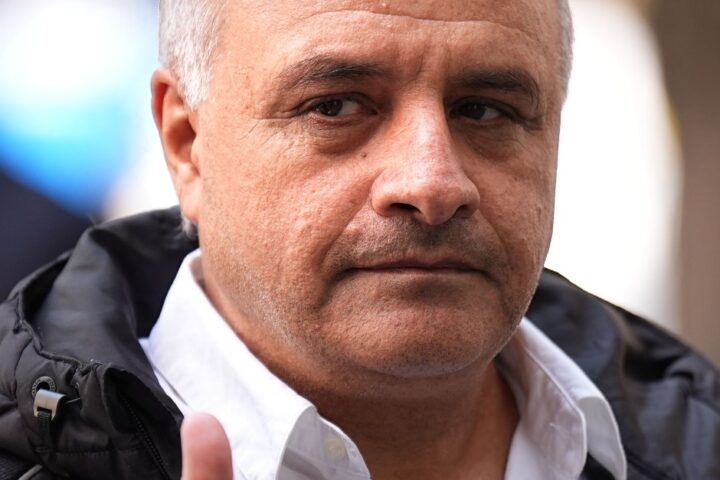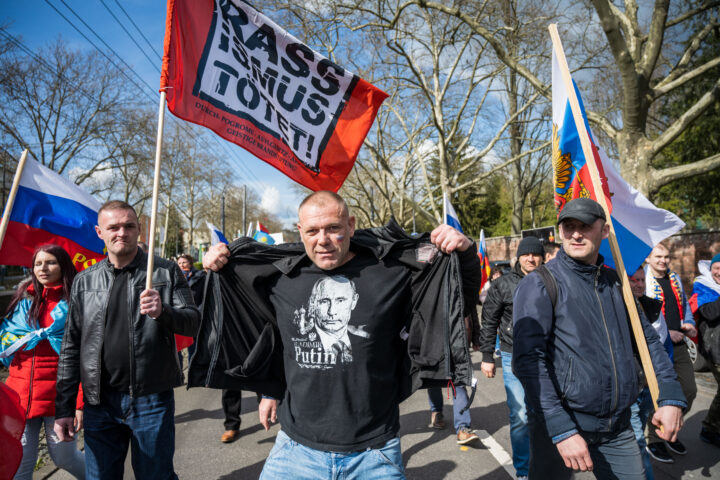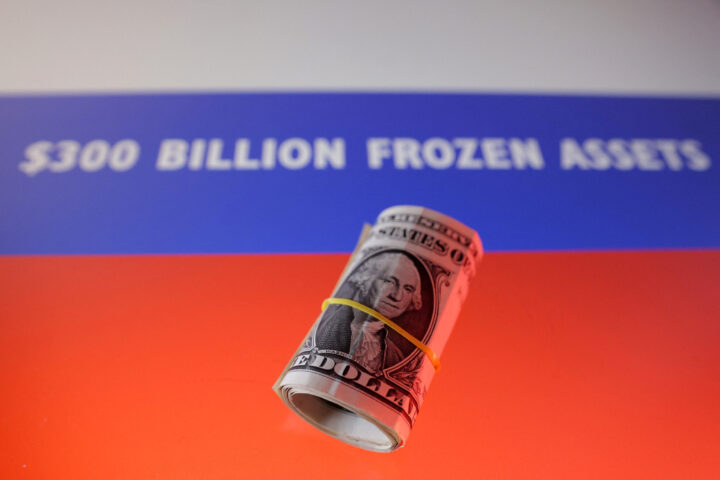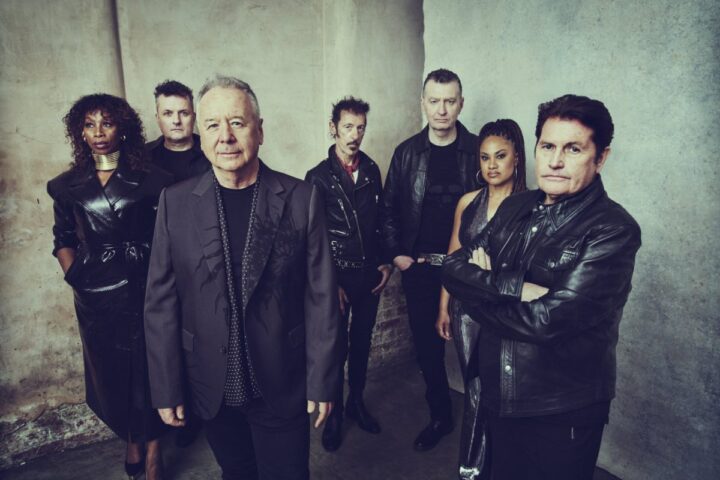South African authorities have opened an investigation into how locally produced electronic equipment was found inside Russian drones used to strike Ukraine, raising questions about export oversight and the global flow of dual-use technologies.
Laser range finder traced to Pretoria-based firm
The component under scrutiny is a laser range finder made by Lightware Optoelectronics Ltd., a company based on the outskirts of Pretoria. According to Ukrainian envoy Vladyslav Vlasiuk, the device can measure distances and trigger detonation, and was identified among the components found in Russian drones attacking Ukraine.
Lightware stated that it remains unclear how Russia obtained the part, emphasizing that its products are not designed for military use. The company attributed the discovery to “unscrupulous” intermediaries and noted that it has no direct links to Russian buyers.
Questions over compliance with South African export laws
Under South African law, companies are prohibited from exporting arms or dual-use goods to countries engaged in active conflict without authorization from the National Conventional Arms Control Committee (NCACC). Acting NCACC director Sipho Mashaba said the manufacturer is not registered to trade in munitions and that inspectors will visit Lightware’s premises to assess its operations and documentation.
Lightware’s sensors are widely used in civilian applications such as autonomous vehicles, mining operations, and environmental monitoring. The firm has developed smaller, lighter sensors that can also be integrated into drones.
Found in Russia’s Garpiya-A1 drone
Ukrainian officials said the range finder was discovered in a Garpiya-A1, a Russian long-range “suicide” drone modeled on Iran’s Shahed-136. Lightware CEO Nadia Nilsen confirmed that the company does not seek export permits because its devices are classified for civilian use. “It appears an unscrupulous operator, without our knowledge, purchased our sensors elsewhere and used them unlawfully in Russia,” she said.
Broader implications for Russia’s drone production
Since launching its full-scale invasion of Ukraine in February 2022, Russia has expanded domestic drone production. Documents reviewed by Bloomberg earlier this year showed how Moscow leveraged partnerships with Chinese suppliers to circumvent sanctions and acquire key components. Drone attacks on Ukrainian targets have since intensified.
South Africa seeks to balance diplomacy and accountability
President Cyril Ramaphosa has led African mediation efforts in the Russia-Ukraine conflict while navigating strained relations with Washington. Tensions with the U.S. escalated after joint naval exercises with Russia in early 2023 and accusations—later dismissed by a South African judicial probe—that Pretoria supplied arms to Moscow.
Relations deteriorated further when President Donald Trump accused South Africa of committing genocide against White citizens. The U.S. responded by imposing 30% tariffs on many South African imports, cutting aid, and reducing participation in G20 meetings hosted by the country.
Industry and investor reactions
Lightware’s investors expressed concern over the controversy. Sanari Capital Ltd., a Johannesburg-based private equity firm that invested 25 million rand ($1.5 million) in Lightware in 2020, said it was “profoundly disturbed” to learn that its supported technology was linked to Russian military use. CEO Samantha Pokroy lamented that component manufacturers have limited ability to trace the end use of their products once distributed globally.
Lightware added that both Russia and Ukraine have been on its embargo list since 2022. The company relies on end-user declarations but acknowledges that it cannot track downstream applications.
A sensitive test for South Africa’s export control system
The incident underscores the challenges governments face in monitoring civilian technologies with potential military applications. For South Africa, it could become a test of its commitment to international export control norms at a time when its foreign policy positioning remains under scrutiny.
